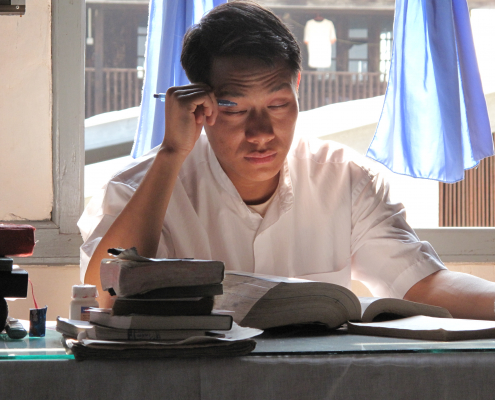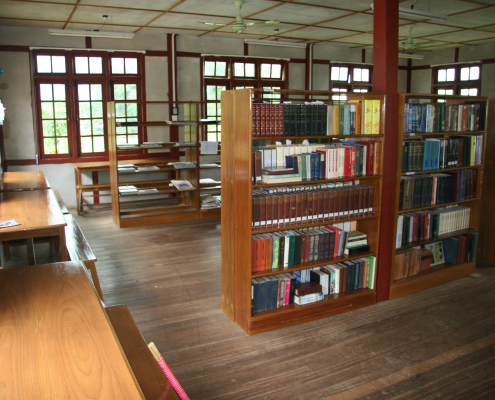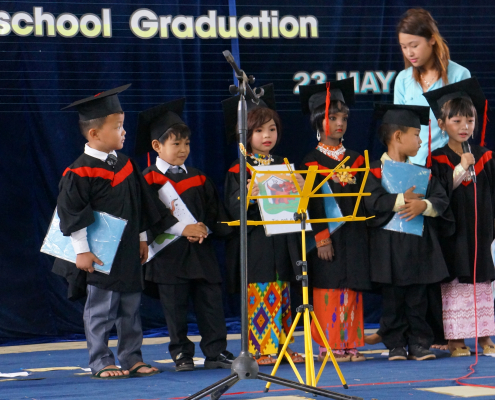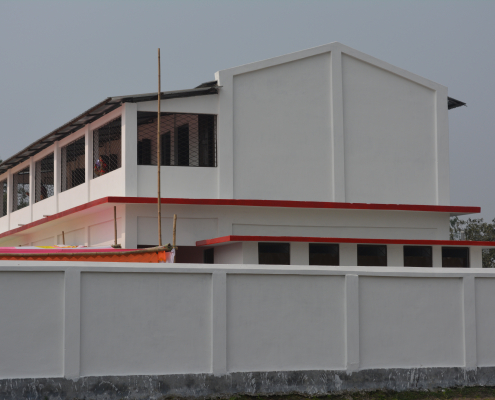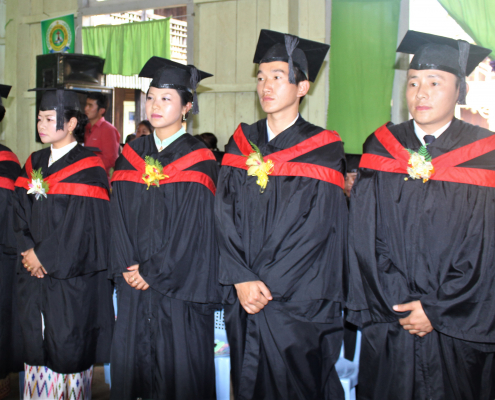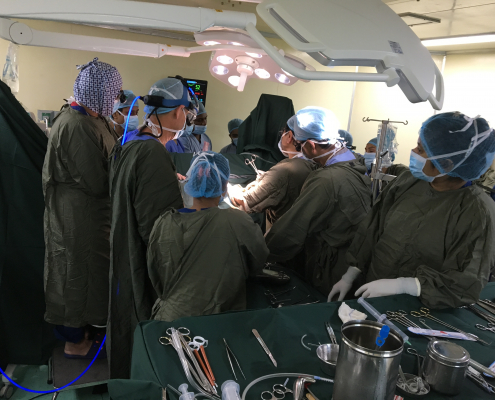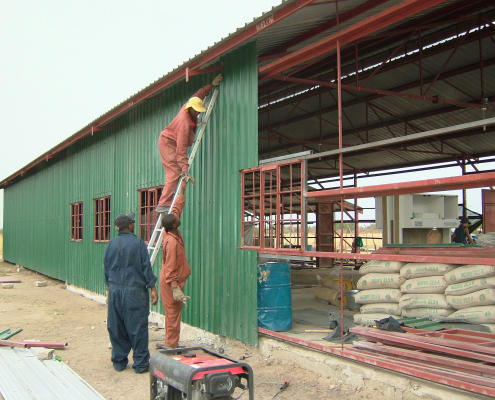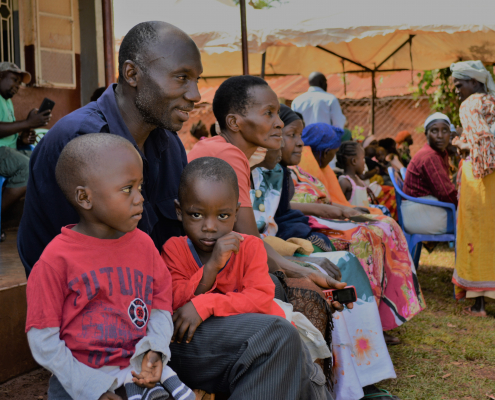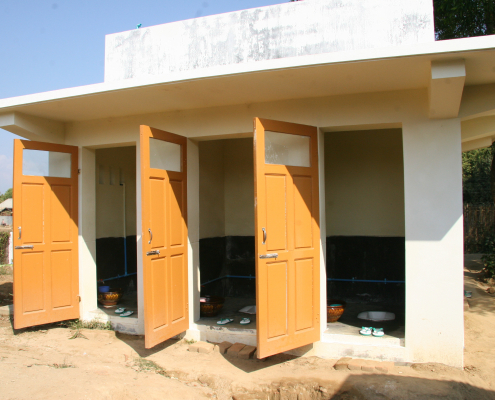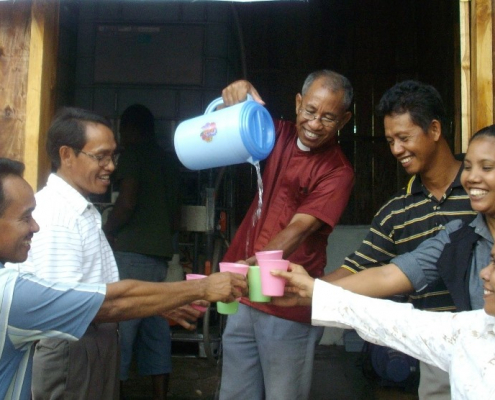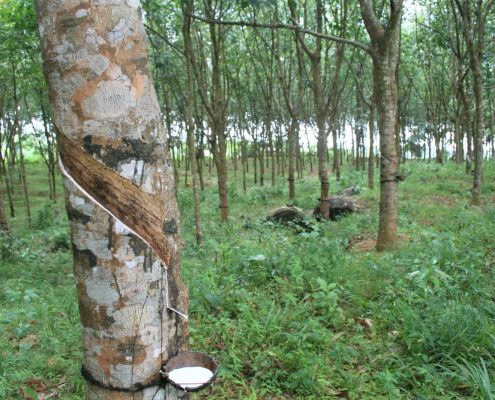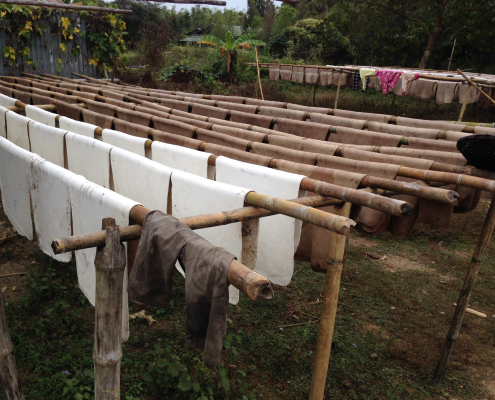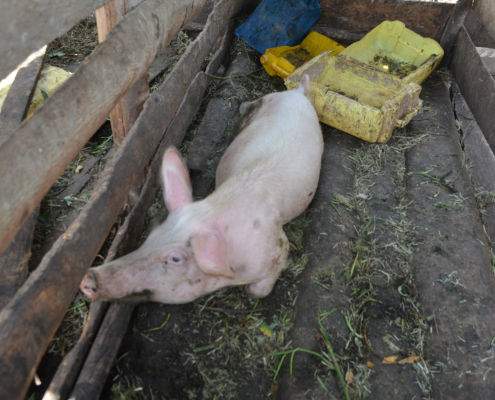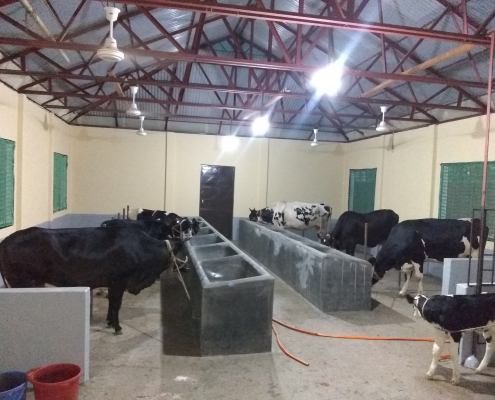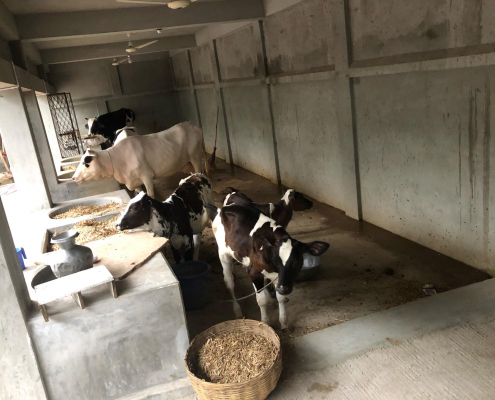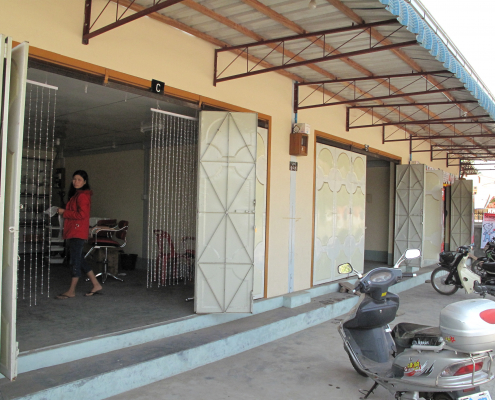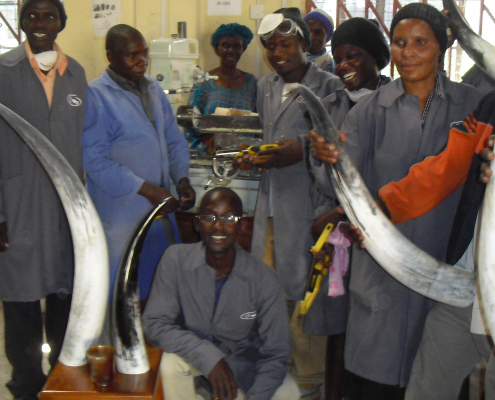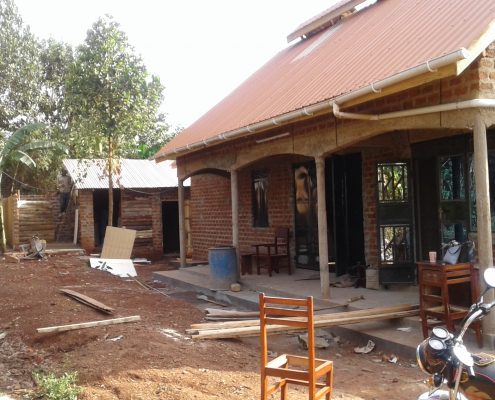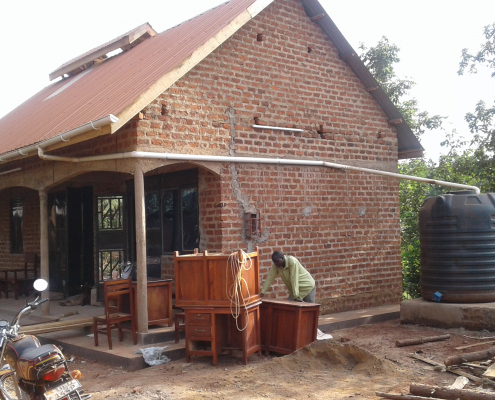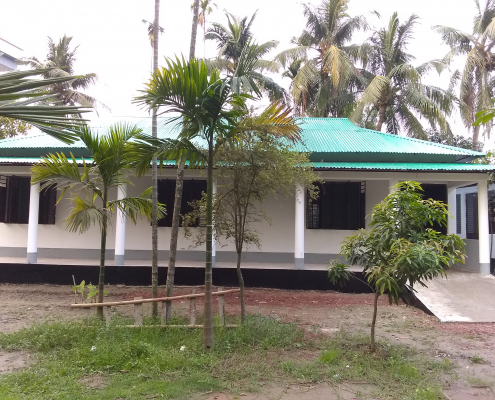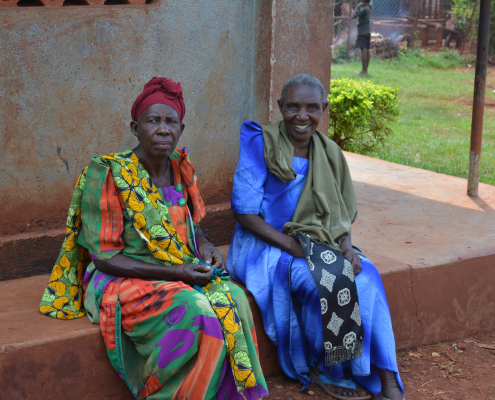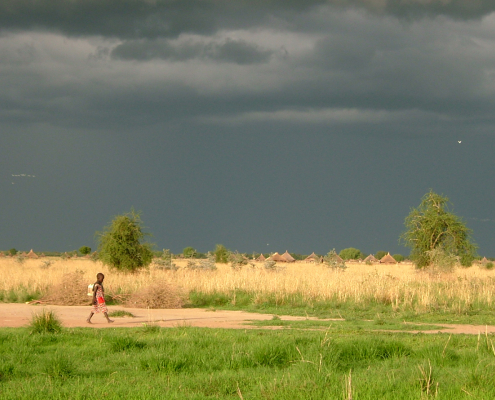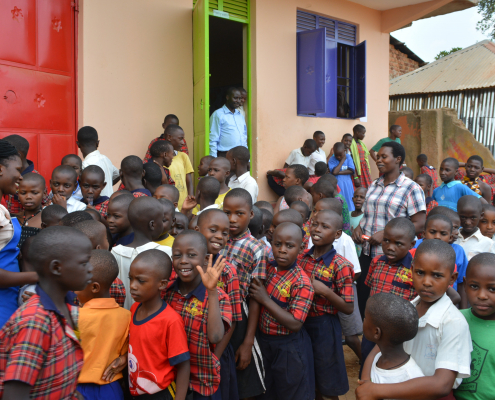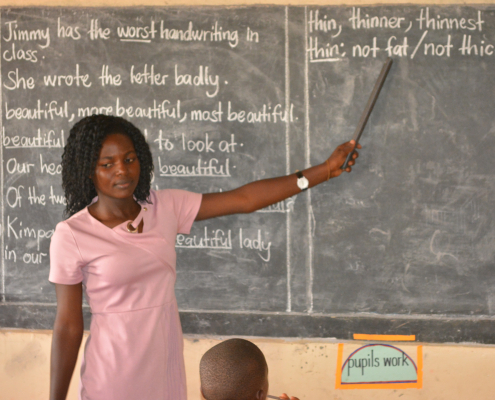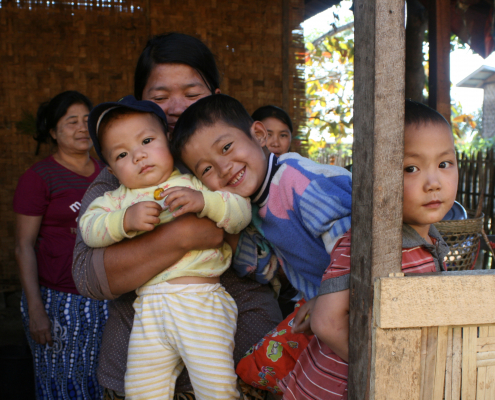© 2019 Leader Empowerment And Development, Inc. (LEAD)
Overview of our Programs
LEAD works to increase the quality of life for our field partners in the areas of education, health care, agriculture, social entrepreneurship, and persons at risk.
About Our Programs . . .
The power of synergy magnifies our empowerment efforts. For example, if an orphanage has safe, clean, and uncrowded buildings, along with access to quality health care, orphans have a chance at growing up healthy. If the orphanage is also coupled with a school, orphans have hope for a future like other children. If the orphanage grows nutritious food to feed children plus receives income from a farm or garden, it has a chance to become self-sufficient and sustainable. If the orphanage teaches children a trade and works in partnership with local businesses or social enterprises, then as they grow up and age out of the orphanage, they can become productive workers in the community. If an orphanage can do all these things, then the effect on orphans multiplies. A holistic, integrated approach is more strategic for the orphanage. And the overall social impact on the community is more significant, all because of the power of synergy.
Education
Delivery of formal, non-formal, and informal education.
In detail…
In this modern age, the foundation of empowerment is an excellent formal education. LEAD’s non-profit and for-profit education projects help students from the pre-school level up to the graduate school level of a masters degree. Several of our field partners have doctorates from the West. The more education and experience our partners have, the easier it is to become project champions. Delivering nonformal training gives entrepreneurs special skills, necessary for setting up enterprises that not only become sustainable but capable of growing and multiplying.
Health Care
Hospitals, clinics, pop-up clinics, sanitation, clean water, and health care sponsorships for field partners
In detail…
Over the last thirty years, health care delivery has made tremendous strides in the developing world, yet many in rural areas often have little or no access to medical care. For example, LEAD helped build a hospital in South Sudan, participated in rural pop-up clinics in Uganda, and contributed scholarships to a prosthesis camp in Thailand. Also, LEAD helped provide training to heart surgeons in Bangladesh, conducted a cataract eye camp in Uzbekistan for WWII veterans, and built new bathrooms for a college in Myanmar, cutting the rate of disease in half.
Agriculture
Gardens, farms, plantations, and agro-business.
In detail…
The survival of many in the developing world depends on subsistence farming, meaning farmers grow food for their own consumption. By some estimates, the vast majority of farmers in subsaharan Africa grow food on less than two acres (one hectare). Often anything over ten acres is considered a commercial farm. Food security is critical when war, disease, or drought happens. LEAD has helped its partners develop gardens with water storage and drip irrigation, farms with field crops and livestock, and plantations with tree crops. Income from agriculture can help in many ways. For example, one LEAD partner in Asia used proceeds from a rubber plantation to help underwrite an orphanage and college.
Social Entrepreneurship
Small and medium-size businesses (SME), real estate, and other social enterprises.
In detail…
The dirty little secret of international development work in low-income countries is the continual dependence on foreign funds for survival. Creating sustainable enterprises brings hope and dignity. LEAD trains partners in market research, business planning, skill training and assists in setting up income-generating projects that sustain, grow and multiply, all impacting local communities.
At-risk Persons
Refugees, displaced persons, widows, and orphans.
In detail…
Those temporarily at risk, such as refugees, displaced persons, and disaster victims, need immediate assistance. LEAD helped victims of the Nargis cyclone in Myanmar, displaced Syrians during the Syrian civil war, and currently helping Rohingya refugees in Bangladesh. In low-income countries where social services are often insufficient, widows and orphans are more at personal and financial risk than those belonging to families. LEAD has helped orphanages in Bangladesh, Guatemala, India, Myanmar (Burma), Thailand, and Uganda. Currently, LEAD is assisting with social enterprises operated by a cooperative of widows in Uganda.
